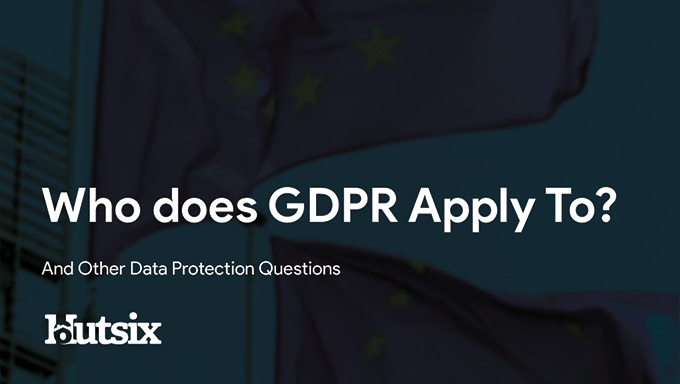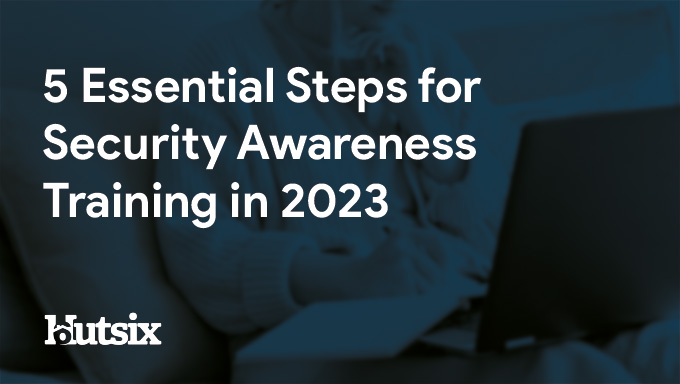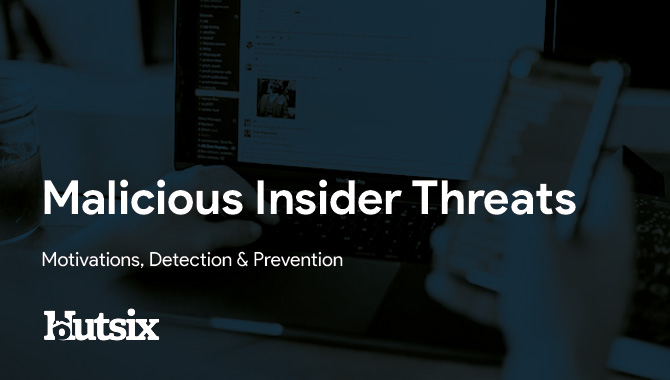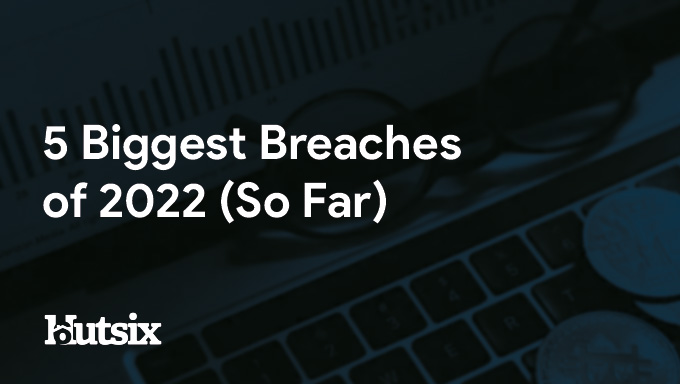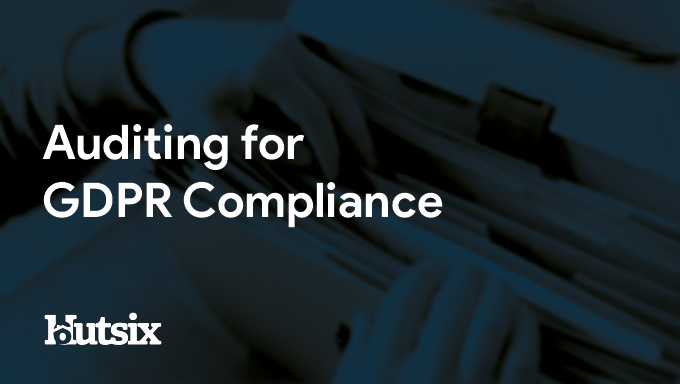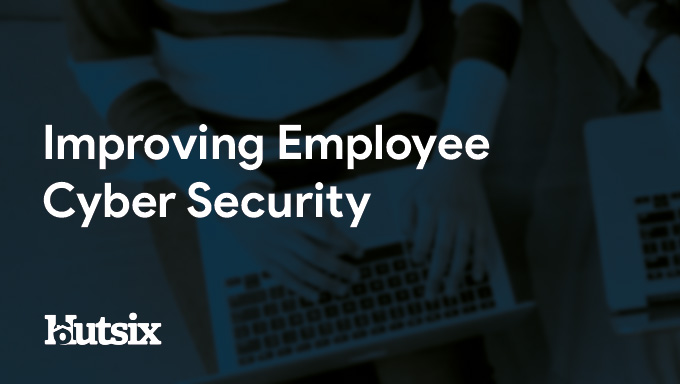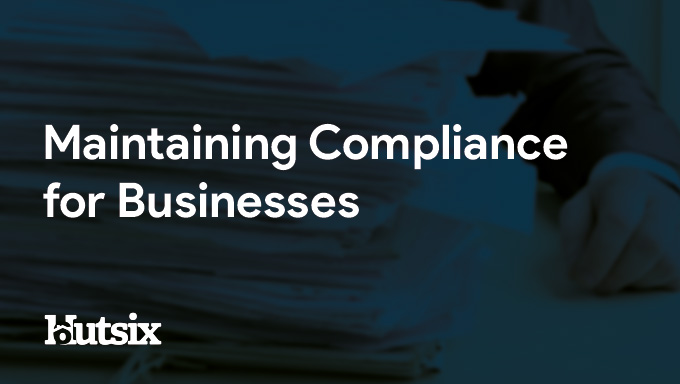SOC 2 Privacy Criteria vs GDPR -Does Your Organisation Need Both?
What is the SOC 2 Privacy Criteria?
SOC 2 (Service Organisation Control 2) is an auditing standard designed to evaluate the effectiveness of an organisation's internal controls over data security. The SOC 2 audit process includes five categories of Trust Services Criteria: Security, Availability, Confidentiality, Processing Integrity, and Privacy.
The SOC 2 Privacy Criteria consists of three main areas: privacy management, notice and communication of privacy, and choice and consent. These areas are further broken down into specific criteria that service organisations must meet in order to be considered compliant.
Privacy management requires that the service organisation have a comprehensive and documented privacy program in place, which includes policies and procedures for data handling and security, risk assessments, employee training, and ongoing monitoring and improvement.
Notice and communication of privacy requires that the service organisation provide clear and concise notice to customers about its privacy practices, including what personal information is collected, how it is used, and with whom it is shared. Customers must also be given the opportunity to ask questions and express concerns about privacy.
Choice and consent requires that the service organisation obtain affirmative consent from customers before collecting, using, or disclosing their personal information. Customers must also be given the option to opt-out of certain uses of their data, such as marketing communications.
In addition to these three categories, SOC 2 Privacy Criteria also includes requirements for data minimization, data retention and disposal, data access controls, and incident response and management.
Overall, SOC 2 Privacy Criteria provides a comprehensive framework for service organisations to ensure that they are protecting the privacy of personal information entrusted to them by their respective data subjects and other stakeholders.
Ready to start your journey to becoming compliant?
We can help you - let's have a chat.
What is the GDPR?
The General Data Protection Regulation (GDPR) is a comprehensive privacy law that regulates the collection, use, and storage of personal data within the European Union (EU). It was first proposed in 2012 and adopted by the EU in 2016, with a two-year transition period before it became enforceable on May 25, 2018.
The GDPR is designed to strengthen the privacy rights of individuals by giving them more control over their personal data and imposing strict obligations on organisations that collect and process that data. It applies to any organisation that collects or processes personal data of EU residents, regardless of where the organisation is located.
Under the GDPR, individuals have the right to know what personal data is being collected about them, how it is being used, and who it is being shared with. They also have the right to request that their data be deleted or transferred to another organisation. Organisations must obtain explicit consent from individuals before collecting their data and must take steps to ensure that the data is accurate, secure, and not retained longer than necessary.
The GDPR also imposes significant penalties for non-compliance, including fines of up to €20 million or 4% of a company's global annual revenue, whichever is higher. This has led many organisations to take a more proactive approach to privacy and data protection, including implementing stronger security measures, appointing Data Protection Officers, and conducting regular privacy impact assessments.
Since its adoption, the GDPR has been a driving force in shifting the way that organisations collect and process personal data, placing a greater emphasis on transparency, consent, and individual rights. While it has been criticized for being overly complex and burdensome for some organisations, it has also been praised for its strong protections for individuals and its potential to promote greater trust and accountability in the digital economy.
What are the Differences?
While the SOC 2 Privacy Criteria and the GDPR share some similarities in their focus on protecting personal data, they are different in their approach and scope.
One of the key differences is that the SOC 2 Privacy Criteria is an auditing standard developed by the American Institute of Certified Public Accountants (AICPA) and is primarily focused on evaluating the effectiveness of an organisation's internal controls over data privacy and security.
In contrast, the GDPR is a comprehensive privacy law that applies to all organisations that process personal data of individuals within the European Union (EU) and sets out specific requirements and obligations for those organisations.
Another key difference is that SOC 2 is a voluntary certification that organisations can obtain to demonstrate their commitment to privacy and data protection. The GDPR, on the other hand, is a legal requirement that organisations must comply with if they process personal data of individuals within the EU.
In terms of scope, and as we have previously noted, the SOC 2 Privacy Criteria focuses on three main categories of privacy management, notice and communication of privacy, and choice and consent. It provides specific criteria that organisations must meet to ensure the privacy of personal information entrusted to them by their customers.
The GDPR, on the other hand, sets out a much broader range of requirements, including the need for data protection impact assessments, appointment of Data Protection Officers, and reporting of data breaches to regulatory authorities within 72 hours. It also gives individuals a range of specific rights, such as the right to access, rectify, and erase their personal data, and the right to object to certain types of processing.
Overall, while the SOC 2 Privacy Criteria and the GDPR both aim to protect personal data, they have different scopes, requirements, and approaches. Organisations that are subject to both should carefully evaluate their obligations under each and ensure they have appropriate controls and processes in place to meet those obligations.
Does Your Organisation Need Both?
Both the SOC 2 Privacy Criteria and the GDPR are relevant to information and data security, and organisations that handle personal information should consider both standards as part of their overall security and privacy program.
By implementing strong security controls and complying with relevant standards and regulations, organisations can help to protect against data breaches and safeguard the privacy and security of personal information.
Security Awareness for your Organisation
Enjoyed our blog? Learn more about how Hut Six can help improve you security awareness with training and simulated phishing. Start a free trial now, or book a meeting with one of our experts.
Featured
Who Does GDPR Apply To?
Who Does GDPR Apply To? And Other Data Protection Questions/ Information Security blog by Information security awareness provider Hut Six Security.
Does ChatGPT Pose a Cybersecurity Risk
In this blog post, we explore whether AI chatbots like ChatGPT pose a cybersecurity risk. We delve into the potential vulnerabilities and threats posed by chatbots, and discuss measures that can be taken to mitigate these risks. Read on to discover how you can ensure the security of your organisation's chatbot interactions.
How Do I Get Cyber Essentials Certified?
Learn how to obtain Cyber Essentials certification and enhance your organization's cybersecurity posture with our comprehensive guide. Our expert insights will help you navigate the certification process to meet the requirements for Cyber Essentials.
Essential Steps for Security Awareness Training
Starting a security awareness training campaign? Here are 5 essential steps to help ensure information security success.
Malicious Insider Threats - Meaning & Examples
Malicious insider threats can cause massive problems. Here we examine some of the motivations behind attacks and methods of detection organisations can use to reduce risk.
5 Biggest Breaches of 2022 (So Far)
Five of the biggest and most significant data breaches, hacks, and information security attacks of 2022 (so far).
Auditing for GDPR Compliance
Questions to consider when auditing your business or SME for General Data Protection Regulation (GDPR) compliance.
Improving Employee Cyber Security
With human error responsible for many breaches and attacks, we offer some helpful areas for improving employee security compliance.
5 Cyber Tips for your Business
Essential cyber tips for helping your business or SME improve information and cyber security.
The Benefits Of Maintaining Compliance For Your Business
By maintaining compliance for your business you can ensure operational efficiency, reduce financial risk, enhance public trust, engage your employees and realise your mission.



